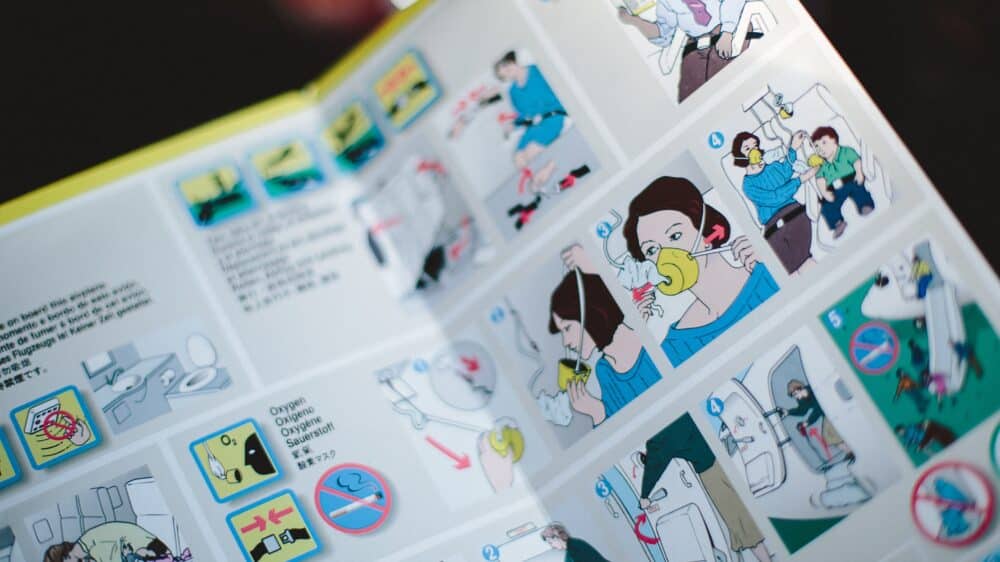What if learning to sleep also meant learning to regulate your emotions?
Sleep: the dance between night and day.
From the very first year of a child’s life, sleep plays a vital role in the development of his or her emotional skills and ability to regulate his or her emotions during the day. It’s much more than just a break, it’s the forging of emotional skills.
| Emotional skills:
a person’s ability to recognize, express and regulate his or her emotions, depending on the social context and environment. |
In fact, several studies have shown that sleep duration and quality directly influence a child’s ability to regulate his or her emotions on a daily basis, as well as in the long run. Investing in good sleep reaps benefits not only today, but for years to come.
Here are some examples of what longitudinal studies, which measure children’s behavior and sleep over several years, tell us:
- Less than 10 hours sleep and more than 3 awakenings at 18 months are linked to an increased risk of irritability at 5 years.
- Insufficient sleep at 2 could mean more anger at 3.
- Late sleepers and early risers may face more emotional challenges at preschool age.
If your child regularly shows signs of irritability or anger, or if you find that your relationship is suffering as a result, it’s a good idea to ask yourself whether he’s getting enough sleep, or whether his sleep is of good quality.
Certain sleep disorders can also affect sleep quality, such as sleep apnea and night terrors.
Observing your child’s emotional regulation is an important key to knowing whether his or her need for sleep is being met, or whether it’s time to make adjustments.
Don’t forget that irritability and excessive anger are just as much a sign of lack of sleep as yawning.
By keeping an eye out for signs of lack of sleep, we can adapt to offer our child the best conditions for learning to sleep as well as learning to walk.
Sometimes it’s a matter of figuring out how to pay off a sleep debt so that laughter replaces screaming and crying in the house.
Emotions: a mirror effect on sleep
Conversely, emotions can affect sleep duration and quality. Having a difficult day with an emotional rollercoaster can have repercussions on naptime or night-time sleep. Sometimes emotions are not “visible” to the parent during the day, but they will manifest themselves in nightmares or a greater need for closeness at night, for example.
Some studies have attempted to establish a link between sleep duration and emotions reported by children. In other words, children who experience more negative emotions (fear, stress, anxiety, etc.) or who have difficulty regulating them (aggressiveness, irritability, difficulty with change associated with a more difficult temperament, for example) may have:
- more night awakenings reported to their parents,
- more nightmares, the red flags of emotions,
- more night terrors in times of stress,
- more resistance at bedtime,
- etc.
The good news is that by addressing these emotional difficulties with children, we can also improve their sleep.
As a parent, determining whether lack of sleep is the cause of emotional difficulties and vice versa can be a challenge.
To help you with emotional regulation, here are some suggested tools and reading from the CQJDC and Naitre et Grandir:
- Comment reconnaître les difficultés de régulation émotionnelle de l’enfant?
- Comment aider l’enfant à identifier ses émotions ?
- Comment aider l’enfant à mieux gérer ses émotions ?
- Teaching children how to manage their emotions
- Personnalité et tempérament
And yes, learning to sleep is also about learning to regulate your emotions!
The quality and duration of our child’s sleep can reveal their emotional challenges, just as certain emotions can indicate a lack of rest.
And this is true throughout life. Have you noticed that some of the strong emotions of parenthood affect your sleep, or that your lack of sleep influences the regulation of your own emotions? Consult the “PARENT” section to learn more about your vital need for sleep, how to manage fatigue, or to obtain tips, tools and resources.
The synchrony between emotions and sleep is lifelong, with sleep as one of our indicators of well-being.










